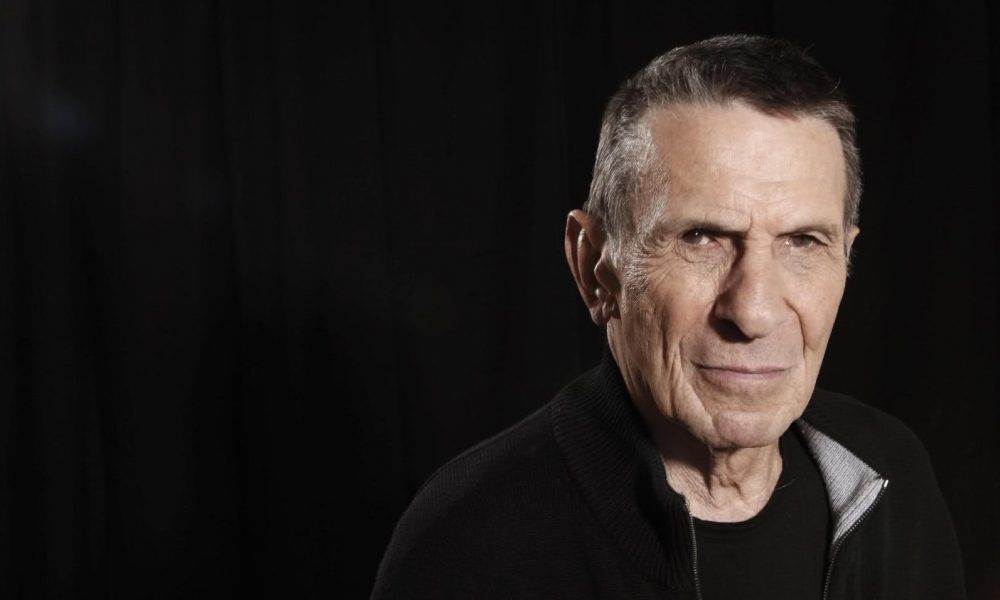Award winning reporter and cable news journalist Soledad O’Brien called her Monday night appearance at Stony Brook University a “homecoming.” The St. James native and graduate of Smithtown East High School remembers how she “literally used to play on this campus” while her father worked as a professor of mechanical engineering.
The homecoming was not mere pageantry, however. O’Brien was here as part of her nationwide Black in America tour leading what she describes as a “difficult,” “painful” and “messy but necessary conversation” about the current state of black lives in our nation. The discussion traced black lives from the assassination of Dr. Martin Luther King to recent violence that has fueled tension between law enforcement and the black community.
Speaking to a filled Staller Center auditorium, President Stanley introduced O’Brien and noted the “importance of exploring ideas and issues with respect, integrity and willingness.” Stanley also mentioned recent tragedies, stating that the deaths of Michael Brown and Eric Garner “galvanized national attention.” Both were examples of an “excessive use of force to a tragic and irreversible degree,” said Stanley.
O’Brien brought out three African American panelists to share in the discussion: journalist and cultural critic, Joan Morgan; poet and activist Luis Paulino; and activist and former NBA player Etan Thomas would all lend their distinct voices to the conversation. (Later the audience would watch a video of Paulino being shoved to the ground and descended upon by police officers after questioning their stopping of a young black man on a bicycle).
The phrase “the conversation” takes on an entirely new meaning in the hearts and minds of black mothers— especially those with sons. Stony Brook University alumna Michele Reed, 46, and Carolan Minton, 53, attended with their husbands and sons. Both women were familiar with “The Conversation,” a talk black mothers have with their own growing sons about “what to do when you’re stopped by police,” said Reed.
The panelists proved to be familiar with the phrase and all that it entails. Thomas reflected on having “The Conversation” with his nine-year-old son saying he “had to take off the Disney, rose-colored glasses,” and the fear he and other parents have as their sons grow bigger and taller and to some, more threatening. Morgan spoke of having the same talk with her son, who she sees as a “cool, nerdy kid with wild curly hair.”
Prior to the panel discussion, clips of O’Brien’s multi-part documentary series, Black in America, played on the auditorium screen. Audience members nodded in agreement with a mother having “The Conversation” with her son and squirmed in discomfort while viewing the infamous Eric Garner video.
There were flashes of black celebrities: Pharrell’s video for “Happy,” actress Viola Davis, and LeBron James wearing a black t-shirt reading “I Can’t Breathe.” Then, there was a clip of Fox News contributor Geraldo Rivera. James should have worn a shirt reading “Be A Better Father,” according to Rivera, who spoke of victimization and urban suicide in the black community.
“I believe things are complicated,” said O’Brien. She then outlined the economic obstacles facing many in the black community. She showed a clip from her documentary of an African American baptist minister from New Jersey who believed “debt is a bigger problem than racism,” and then she added that “being in debt is slavery.”
The issues were varied, from the black community falling victim to predatory lending to the “Black Lives Matter” movement of which O’Brien was somewhat critical. “Obviously. Black lives matter,” said O’Brien. Thomas would later applaud the movement for its reinforcement of self-worth. “I literally cried,” said Pwendy Ferelus, 25, a first year graduate student studying social work.
“The topic of race relations in Long Island is very personal for me” said O’Brien, a child of a mixed-race parentage. O’Brien and her older sister were “often made to feel that we didn’t belong in our own home.” Monday evening, O’Brien came back to that home not to belong but to lead a discussion on issues that have affected the lives of others as much as they have her own.




Comments are closed.